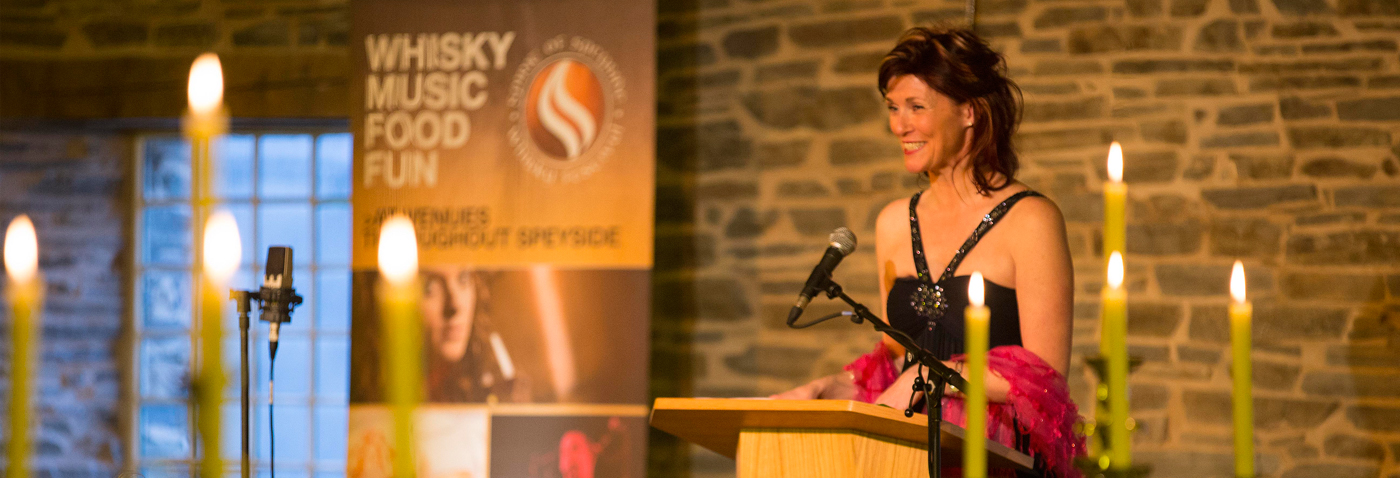Did you have a Saturday job when you were a kid? I thought so. And did you enjoy it? Yes, I thought that too. I’ve always thought of a part-time job as a rite of passage; a proper rung on the ladder to adulthood, and a good way of earning ‘growing-up’ experience that is nothing to do with family or school. But the number of teenagers with part time jobs has halved in the last 20 years. Are they missing out? Or are they right to be concentrating on their studies?

Papa’s Capri was a bit like this, only cleaner…
If you don’t count the pennies I earned ‘cleaning’ my grandfather’s Ford Capri when I was too wee to reach its vinyl roof, my first job was tattie picking. I was 11. On chilly October mornings we were driven in a cattle truck to fields where we ‘picked our bit’ until dusk. I’ve never been as exhausted at the end of a working day as I was then, but the pay – £6 per day – was riches. More than that, though, I learned the value of money and hard work, and that eating sandwiches with filthy hands wasn’t going to kill me.
Part time jobs give more than just a pay packet
Until I started full time work, I always had a part time job. At school I babysat, did book-keeping, sold cartons of cream door-to-door, worked in kitchens and waitressed in hotels. I managed to balance that with school work and a social life and everyone in my class was in the same boat.

Maggie Thatcher – just one of the puppets I sold in cinemas in the 1980s!
As a student I found new kids to babysit, stacked supermarket shelves and earned commission selling Spitting Image puppets in a cinema foyer. During the holidays I worked in a children’s home, a lawyers’ office and in a Swiss ski resort. It wouldn’t have felt right to be without a job, and I’d have missed the extra cash.
Can you remove, clean and reinsert a glass eye?
To be honest, though, I got more out of working than just a pay packet – working in kitchens – I also got fed. I learned how to deal with the public (listening and smiling) and how to negotiate with strong-willed toddlers (chocolate biscuits). My years in the children’s home taught me how to change nappies and how to remove, clean and reinsert a glass eye. All essential life skills…
And I met new people through part time work too. In my final year as a student I worked in a concert hall, where I met Mr Marr. He worked behind the bar, as did his best mate. That best mate and his wife became firm friends of ours; in fact, they’re coming to stay with us this weekend.
Our girls learned that work is sometimes tediously dull
We encouraged our girls to start earning, and they both had jobs during their final years at school, managing to juggle studying and extra-curricular sports with a couple of shifts in a restaurant, an early morning paper round, or tutoring. It wasn’t always easy – we had to do a fair bit of ferrying around between hockey and work, or paper round and school, but they managed. And it was good for them; good for them to realise that they weren’t always the centre of everyone’s attention, that they had to work hard to be respected, and that they needed to pull together as part of a team. They learned that work is sometimes tediously dull, but they found the money useful, buying all sorts of things I’d never have wasted my own wages on…
Working gives you skills you just can’t get anywhere else

Not my actual child – mine would have had a cycle helmet dangling from their handlebars… sigh.
Let’s face it, whatever you do, working gives you skills that you just can’t get anywhere else. You learn to turn up on time, in uniform, and with the right attitude – or you’ll be fired. You learn to do what you are told, and that you don’t always know best. You learn how to communicate and negotiate, especially if you have to deal with unhappy customers. And it’s good for your self-esteem. The satisfaction of doing something that earns you money can’t be underestimated. You also get work experience – often vital for getting to the next stage in life.
Because yes, of course employers, universities and colleges are looking for qualifications, so yes, kids have to stick in at school to get the grades. But in a competitive marketplace they are looking for more when they are hiring or allocating places on courses. As well as academic prowess, they’ll be looking for people with personality, who can prove they are reliable, who will fit in with their staff and company ethos, or who can show they have the personality to become good doctors, teachers or engineers.
School gives pupils lots of things, but it can’t give them every life experience. Encourage your teenagers to get a job. It will pay them in so many more ways than one.



